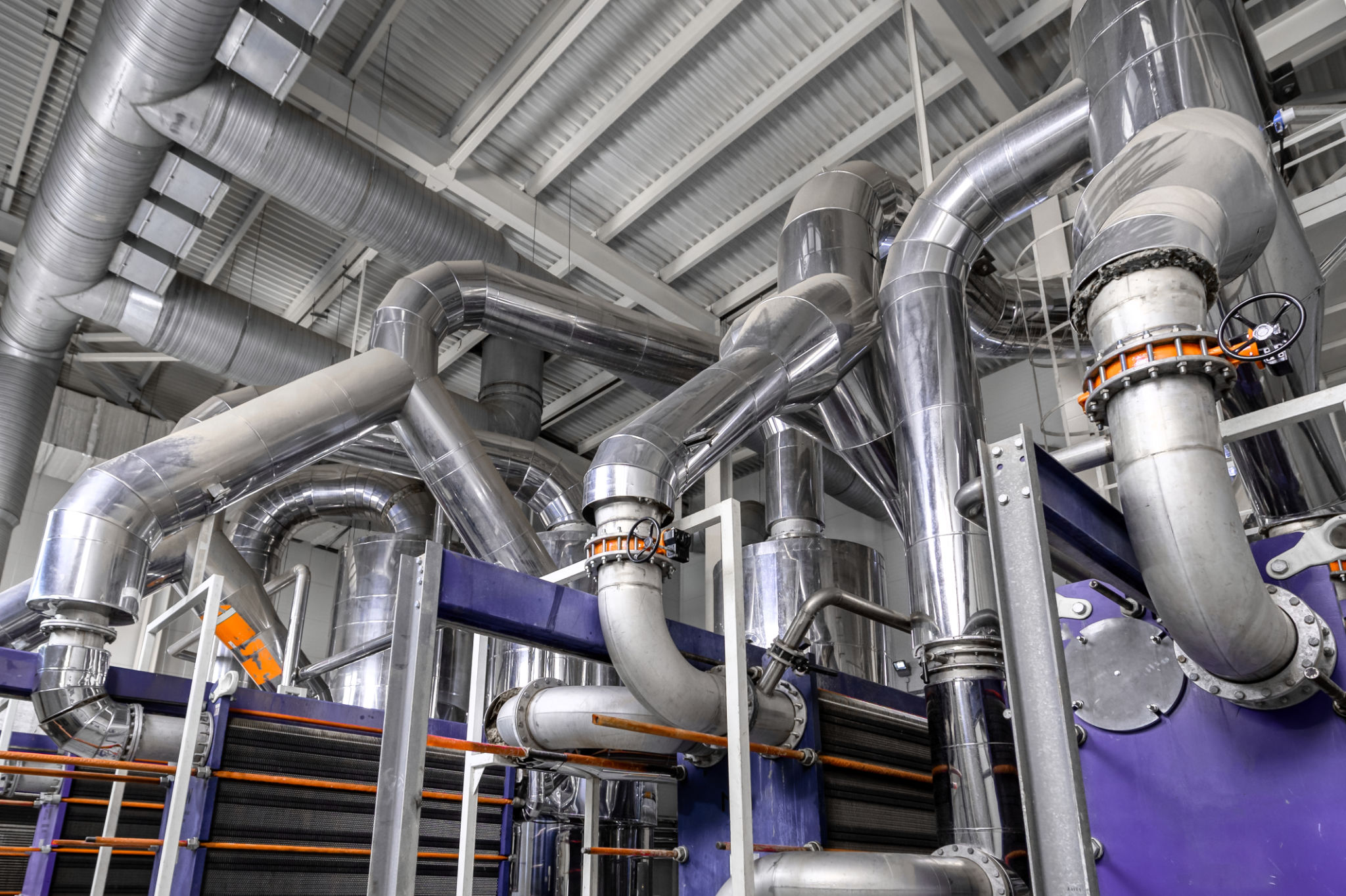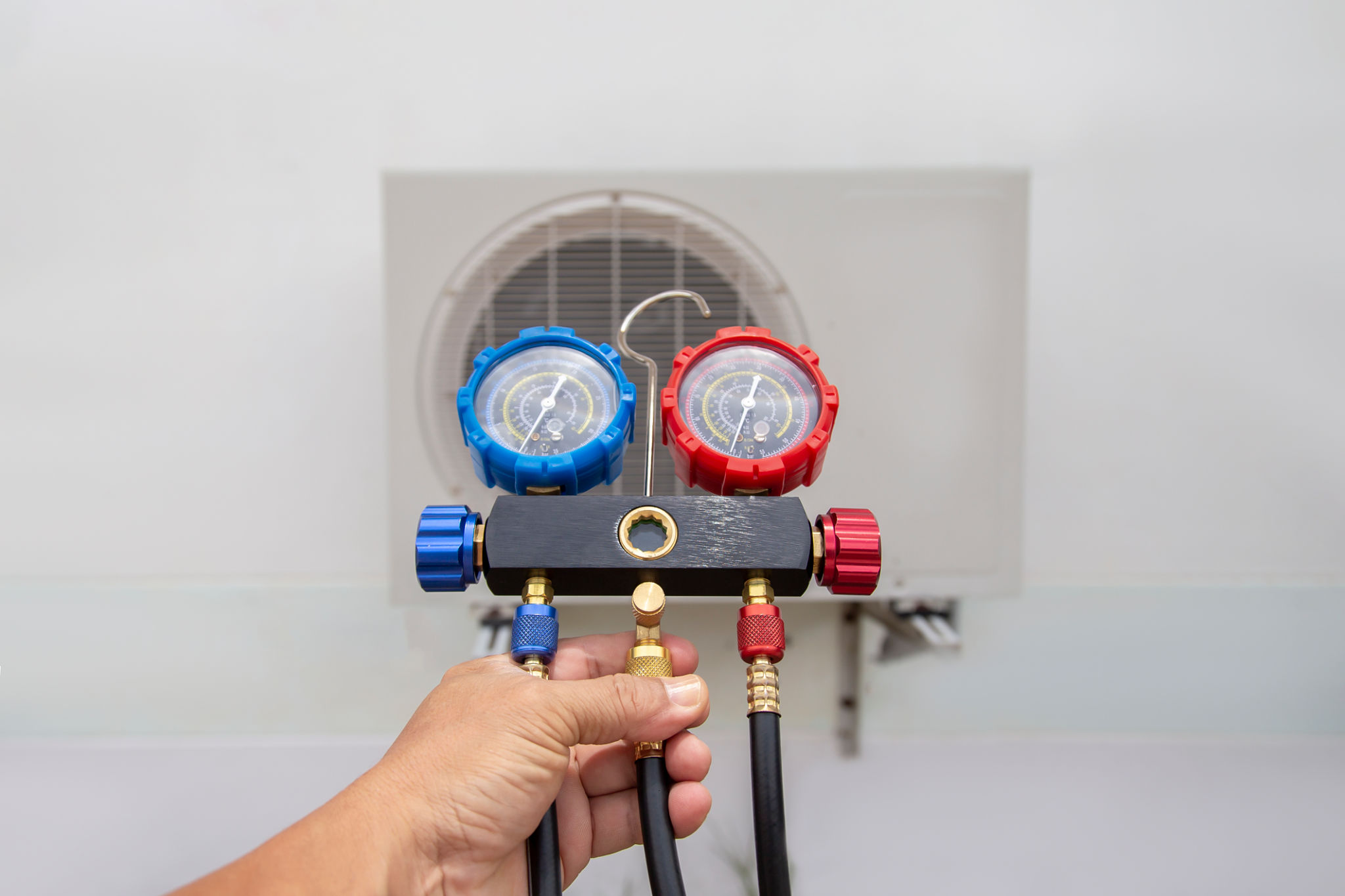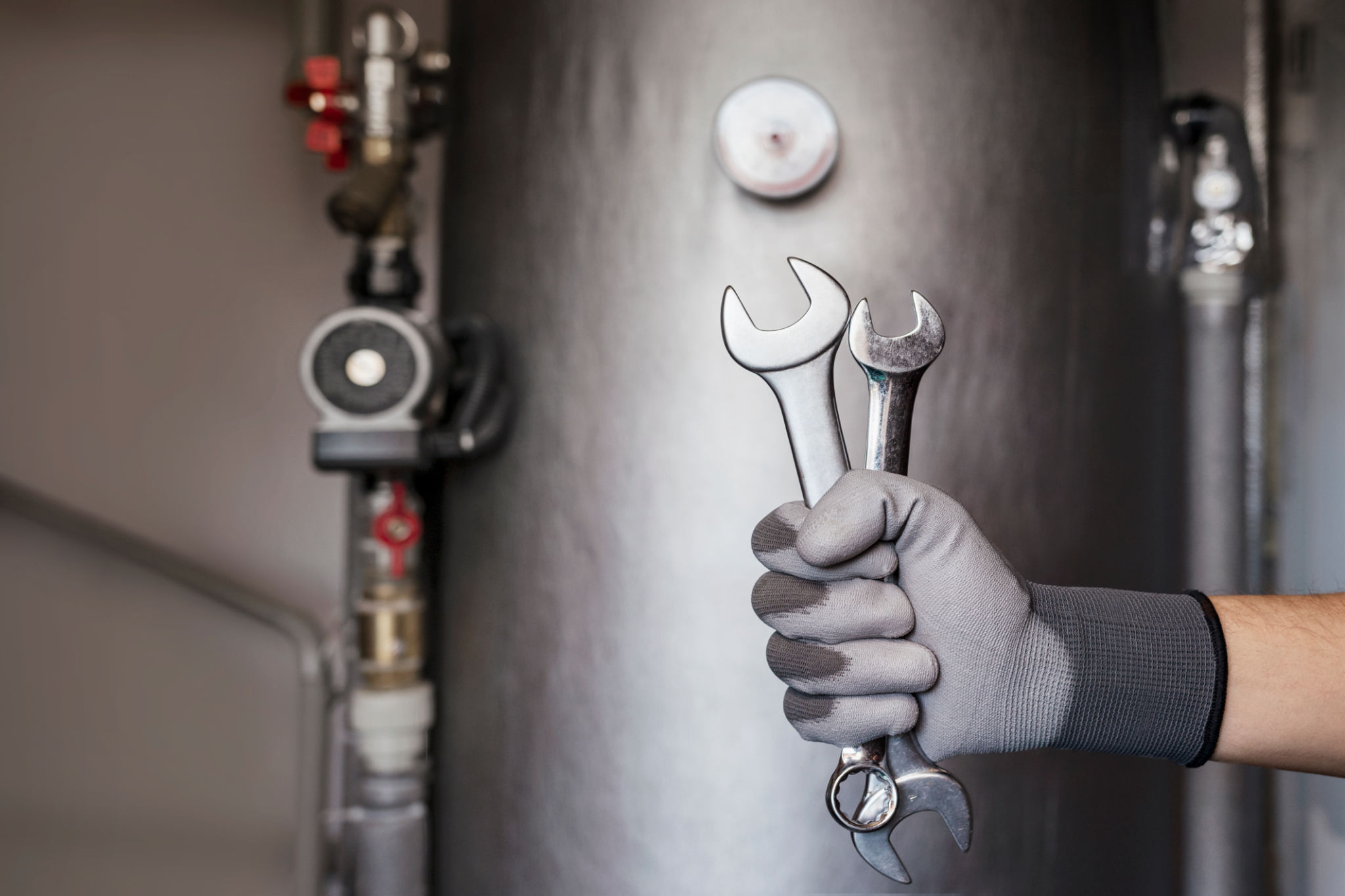The Ultimate Guide to Water Heater Installation in East St Paul
Understanding Water Heater Types
When considering water heater installation in East St Paul, it's essential to understand the different types available. The most common types include tankless water heaters, traditional tank water heaters, and heat pump water heaters. Each type has its own set of advantages and disadvantages.
Tankless water heaters are known for their energy efficiency and space-saving design, providing hot water on demand without storing water in a tank. In contrast, traditional tank water heaters store a large volume of hot water, making them suitable for households with high hot water demands. Heat pump water heaters use electricity to move heat from one place to another instead of generating heat directly, making them more energy-efficient.

Preparing for Installation
Before installing a new water heater, proper preparation is crucial. Begin by assessing the location where the heater will be installed. Ensure there is adequate space and proper ventilation if required. It's also important to check local building codes in East St Paul to ensure compliance with regulations.
Gather all necessary tools and materials, such as pipe wrenches, a voltage tester, and plumbing supplies. If you're unsure about any aspect of the installation process, consider consulting a professional plumber for guidance. This preparation will help streamline the installation process and prevent potential issues.
Step-by-Step Installation Guide
Once you're prepared, follow these general steps to install your water heater:
- Turn off utilities: Shut off the water supply and power (electricity or gas) to the existing heater.
- Drain the old heater: Connect a hose to the drain valve and empty the tank safely.
- Disconnect old unit: Carefully detach the plumbing and electrical connections.
- Position new heater: Move the new unit into place and ensure it is level.
- Reconnect utilities: Attach the plumbing lines and electrical connections as per the manufacturer's instructions.
- Test for leaks: Turn on the water supply to check for any leaks and make necessary adjustments.
- Restore power: Finally, restore power or gas supply and test the heater's functionality.

Safety Tips During Installation
Safety should be a top priority during any installation process. When installing a water heater, ensure that you wear protective gear, such as gloves and safety glasses. If working with an electric heater, double-check that the power is completely off before proceeding with any electrical connections.
If you're dealing with gas lines, it's crucial to ensure there are no leaks. Use a gas leak detection solution or soapy water to test the connections. If you detect any leaks, tighten connections or consult a professional plumber immediately. Always adhere to safety guidelines provided by the manufacturer.
Maintenance Tips for Longevity
To ensure your water heater operates efficiently for years to come, regular maintenance is essential. Flushing the tank annually can help prevent sediment build-up, which can affect performance and efficiency. Inspecting the anode rod every couple of years can also extend the life of your heater by preventing tank corrosion.
Check the temperature setting on your water heater. A setting of 120 degrees Fahrenheit is recommended for both energy efficiency and safety. Regularly inspect for leaks or any unusual noises that could indicate potential issues. By following these maintenance tips, you can maximize your water heater's lifespan.

Choosing Professional Installation Services
If you prefer not to handle the installation yourself, hiring a professional service in East St Paul can be beneficial. Professionals have the experience and expertise to ensure that installation is done correctly and safely. They can also provide valuable advice on selecting the right type of water heater based on your household's needs and budget.
When selecting a professional service, consider their reputation, customer reviews, and warranties offered. It's also helpful to get multiple quotes to compare prices and services. Investing in professional installation can provide peace of mind and long-term reliability for your home's hot water needs.
The Environmental Impact of Water Heaters
The environmental impact of water heaters is an important consideration for many homeowners. Opting for energy-efficient models not only reduces utility bills but also lowers your carbon footprint. Tankless water heaters, in particular, are known for their minimal environmental impact due to their on-demand heating capability.
Additionally, some modern water heaters come with smart features that allow you to monitor and control energy usage remotely. By making informed choices about your water heater installation in East St Paul, you can contribute to a more sustainable future while enjoying reliable hot water at home.
